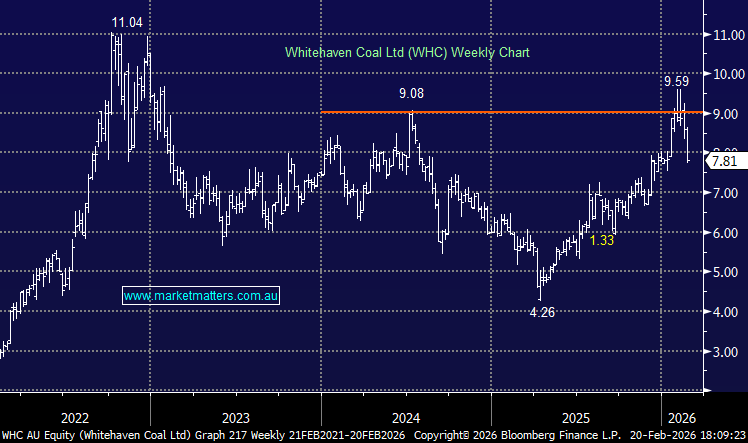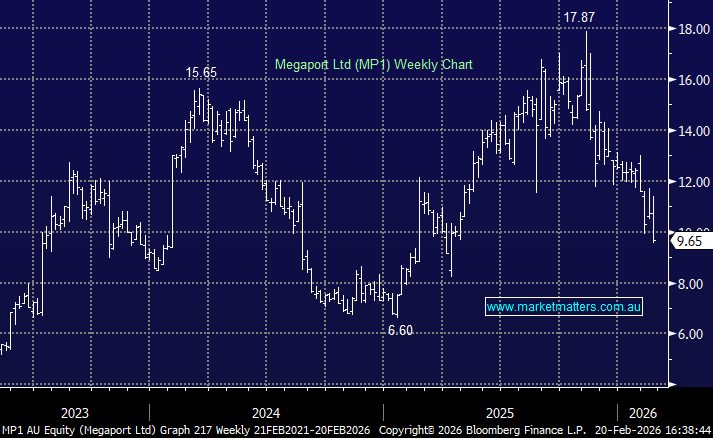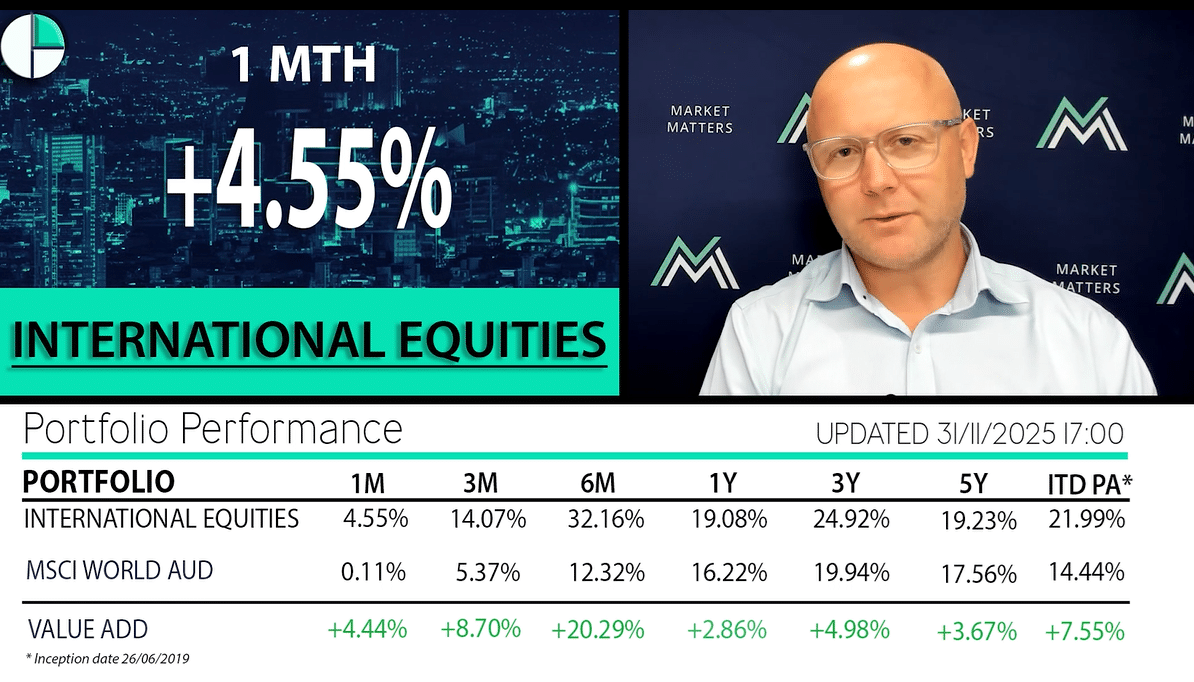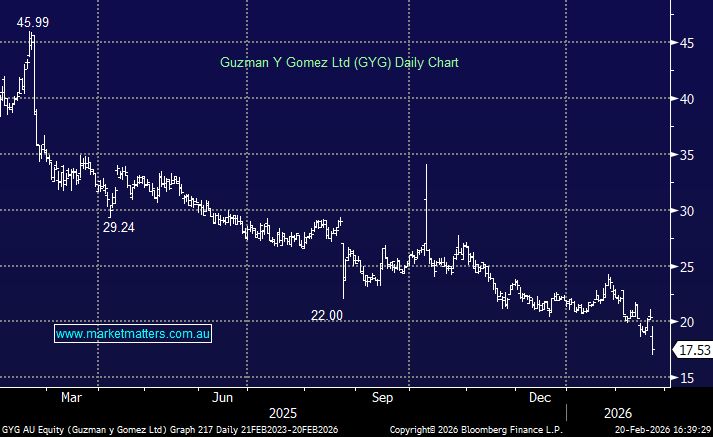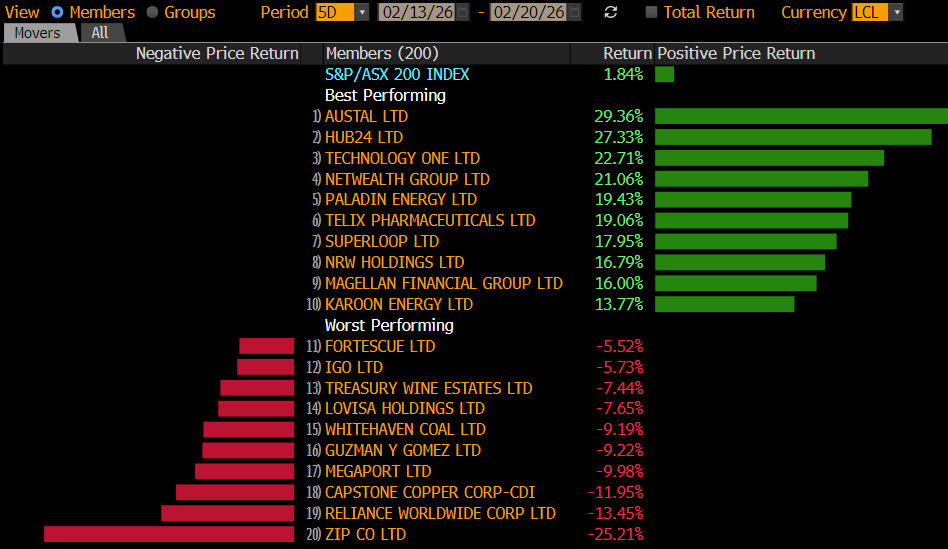The HACK ETF provides investors with exposure to a diversified portfolio of globally traded companies whose business involves cybersecurity — i.e. software, hardware, services, network security, data protection, cloud security, and related fields. Unfortunately, it’s impossible to ignore the growing influence and everyday risks posed by hackers, with cybersecurity demand increasingly fuelled by rising cyber-threats, rapid cloud migration, stricter regulatory requirements, and large-scale digital transformation around the world.
- The ETF holds 39 stocks, with its 5 largest positions currently Broadcom, CrowdStrike, Cisco, Infosys, and Pal Alto.
- It has a decent $1.4bn market cap, while its fees are okay at 0.67%.
- Note this ETF is not hedged, so local investors are carrying FX exposure: 75% in the US, 8% India and Israel.
The biggest issue we have with this ETF is its underlying exposure to cybersecurity within the companies it holds: Cisco, its 3rd largest holding, only generates 10-15% of its revenue from cybersecurity, while for Broadcom, its largest holding, has even less at 5-10%. Hence, we feel this ETF is lacking; investors can see cybersecurity becoming an increasingly important area of business, but the ETF won’t necessarily deliver.
- We prefer individual names such as CrowdStrike (CRWD US), Palo Alto Networks (PANW US), and Fortinet (FTNT US) for pure exposure to cybersecurity.
- Of the 3, CrowdStrike (CRWD US) would likely be our pick, but the reasons why would be a report on its own.






